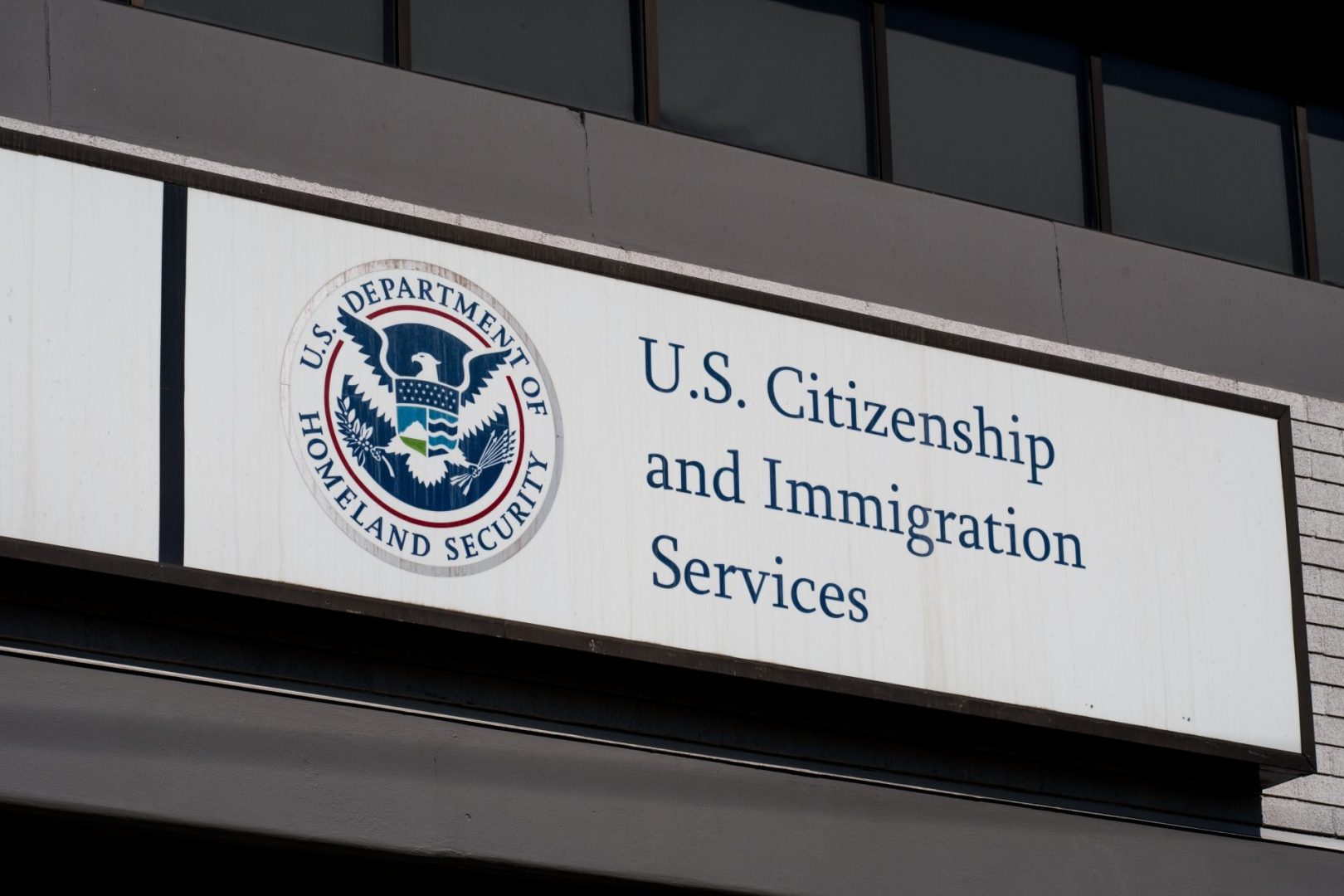President Donald Trump’s latest social media outburst has raised serious constitutional concerns after he threatened to revoke comedian Rosie O’Donnell’s U.S. citizenship. The unprecedented threat represents a dramatic escalation in how the commander-in-chief targets his perceived enemies, despite having no legal authority to strip citizenship from native-born Americans.
Trump‘s Saturday Truth Social post described O’Donnell as a “Threat to Humanity” and suggested she should remain in Ireland, where she relocated earlier this year. The inflammatory rhetoric marks a concerning pattern of the president threatening the fundamental rights of American citizens who criticize his administration.
Constitutional protections shield native-born Americans
The 14th Amendment provides ironclad protection for anyone born on U.S. soil, establishing that citizenship cannot be arbitrarily revoked by presidential decree. This constitutional guarantee has stood as a cornerstone of American democracy since its ratification in 1868, ensuring that political disagreements cannot result in the loss of citizenship status.
Legal experts emphasize that presidents lack the constitutional authority to strip citizenship from native-born Americans, regardless of their political views or public statements. The protection extends to all individuals born within U.S. borders, creating an unbreachable barrier against political retribution through citizenship revocation.
O’Donnell, who was born in New York, enjoys these constitutional protections despite her long-standing feud with Trump. Her relocation to Ireland does not alter her citizenship status or make her vulnerable to presidential threats about deportation or citizenship loss.
Pattern of citizenship threats emerges
Trump’s threat against O’Donnell represents the third major instance of the president targeting American citizenship rights. The administration has previously set its sights on tech mogul Elon Musk, with Trump suggesting he would “take a look” at potentially deporting the naturalized citizen after their relationship soured.
The president has also questioned New York mayoral candidate Zohran Mamdani’s citizenship status without providing evidence to support such claims. This pattern demonstrates a troubling willingness to weaponize citizenship questions against political opponents, regardless of their actual legal status.
Both Musk and Mamdani are naturalized U.S. citizens who followed proper legal channels to obtain their citizenship. While naturalized citizens face different legal considerations than native-born Americans, they still enjoy substantial constitutional protections against arbitrary government action.
Denaturalization process remains complex and rare
The Trump administration has pursued denaturalization cases more aggressively than previous administrations, though the process remains legally complex and constitutionally constrained. The Department of Justice has prioritized cases involving naturalized citizens charged with serious crimes, particularly when fraud occurred during the naturalization process.
Recent denaturalization efforts have focused on individuals who concealed criminal histories during their citizenship applications. The Justice Department successfully pursued denaturalization against a convicted distributor of child sexual abuse material who had lied about his background during the naturalization process.
However, even these cases require extensive legal proceedings and cannot be accomplished through presidential proclamation. The courts maintain oversight over denaturalization proceedings, ensuring due process protections remain intact throughout the complex legal process.
Supreme Court precedent limits government power
The Supreme Court’s 1967 decision established crucial precedent limiting the government’s ability to strip citizenship without individual consent. The landmark ruling determined that citizenship cannot be involuntarily revoked except in cases involving fraud during the naturalization process.
This judicial protection has made denaturalization increasingly rare, though recent years have seen upticks in such cases. The legal framework requires extensive documentation and court proceedings, preventing arbitrary citizenship revocation based on political disagreements or public criticism.
The constitutional framework specifically protects against the type of retaliatory citizenship threats Trump has made against his critics. Presidential powers do not extend to unilateral citizenship revocation, regardless of the individual’s political views or public statements.
Broader implications for American democracy
Trump’s citizenship threats raise fundamental questions about the limits of presidential power and the protection of civil rights. The pattern of targeting both native-born and naturalized citizens suggests a concerning disregard for constitutional constraints on executive authority.
The threats also highlight the importance of constitutional protections in safeguarding democratic norms. Without these legal barriers, presidential power could potentially be weaponized against political opponents in ways that would fundamentally undermine American democratic principles.
Legal experts continue to emphasize that these constitutional protections remain strong, despite presidential rhetoric suggesting otherwise. The system of checks and balances prevents any single executive from arbitrarily determining who deserves American citizenship based on political considerations.

















